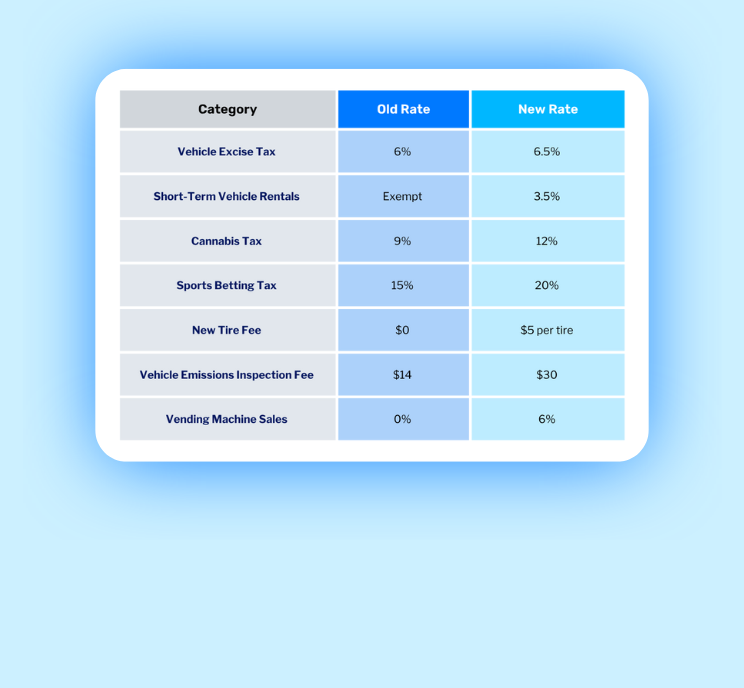The following SC&H blog post exposes the facts behind two common contract compliance audit myths, arming senior executives with the information necessary to make sound audit investments.
Contract compliance audits can yield a powerful competitive advantage—significantly improving supplier transparency, efficiency, and savings.
However, despite their well-known benefits, audits are only used by 50 percent of today’s organizations, according to a recent Aberdeen Group Research report.
Why such a low percentage, particularly in today’s increasingly competitive marketplace? For some senior executives, the reluctance stems from a perception that the time and effort required to conduct a successful audit outweigh its benefits.
No more. In this second part of a four-part series, we’re dispelling two of today’s most common myths regarding the burdens of contract compliance audits.
Myth: Audits Require Significant Time and Support from Company Stakeholders
Some executives believe that effective contract compliance audits demand a considerable time commitment from company stakeholders. As a result, potentially valuable audits are often postponed or deprioritized.
Fact: An experienced auditor will generally require less than three hours of stakeholder support per audit—a time investment more than offset by the potential for cost savings and process improvement.
A typical contract compliance audit will include a one-hour stakeholder conversation to review and sign off on specifications before work begins, an hour to provide updates during the audit process, and an hour to discuss results once the audit is complete. Additional stakeholder support is required only on rare occasions, such as when substantial issues are identified.
Myth: Hiring a Third-Party Auditor Requires Too Much Effort and Resources
Given the expertise required for a successful contract compliance audit, some executives believe that engaging an independent, third-party auditor is not worth the expense.
Fact: While companies can avoid the expense of a third-party auditor by using in-house personnel or forgoing contract compliance audits altogether, engaging an independent auditor can deliver substantially greater short- and long-term benefits.
For instance, independent auditors bring a fresh perspective to the contract review. By objectively assessing internal systems and controls with both the organization and its suppliers, a third-party auditor can often identify unique opportunities for improvement.
In addition, many organizations do not have the staff bandwidth or technology resources to successfully conduct such audits in-house. Engaging an outside resource frees up internal staff and reduces the impact on company workload.
Most important, though, are the benefits gained by engaging professionals who focus exclusively on contract compliance auditing, not general business consulting. The service specialization and expertise of dedicated contract compliance auditors allows them to most effectively identify ways to:
- Improve a company’s business processes
- Increase efficiency
- Maximize recoveries (typically 2 to 4 percent of the transaction value audited)
- Develop supplier transparency
- Produce substantial ROI
Ultimately, by engaging a third-party auditor, senior executives are realizing improvements in productivity and cost savings that substantially outweigh the effort undertaken to achieve them.
Want more? Stay tuned for part three of this four-part series, where we will examine two more of today’s top contract compliance audit myths. Or, to read the full list of audit myths, check out our recent white paper, The Truth About Contract Compliance Audits: Dispelling the Myths.
While you’re at it, download another popular SC&H white paper, The Top Ten Indicators That It’s Time for a Contract Compliance Audit. If you’d like to speak with our contract compliance specialists about how audits can help your organization, please contact us here.




